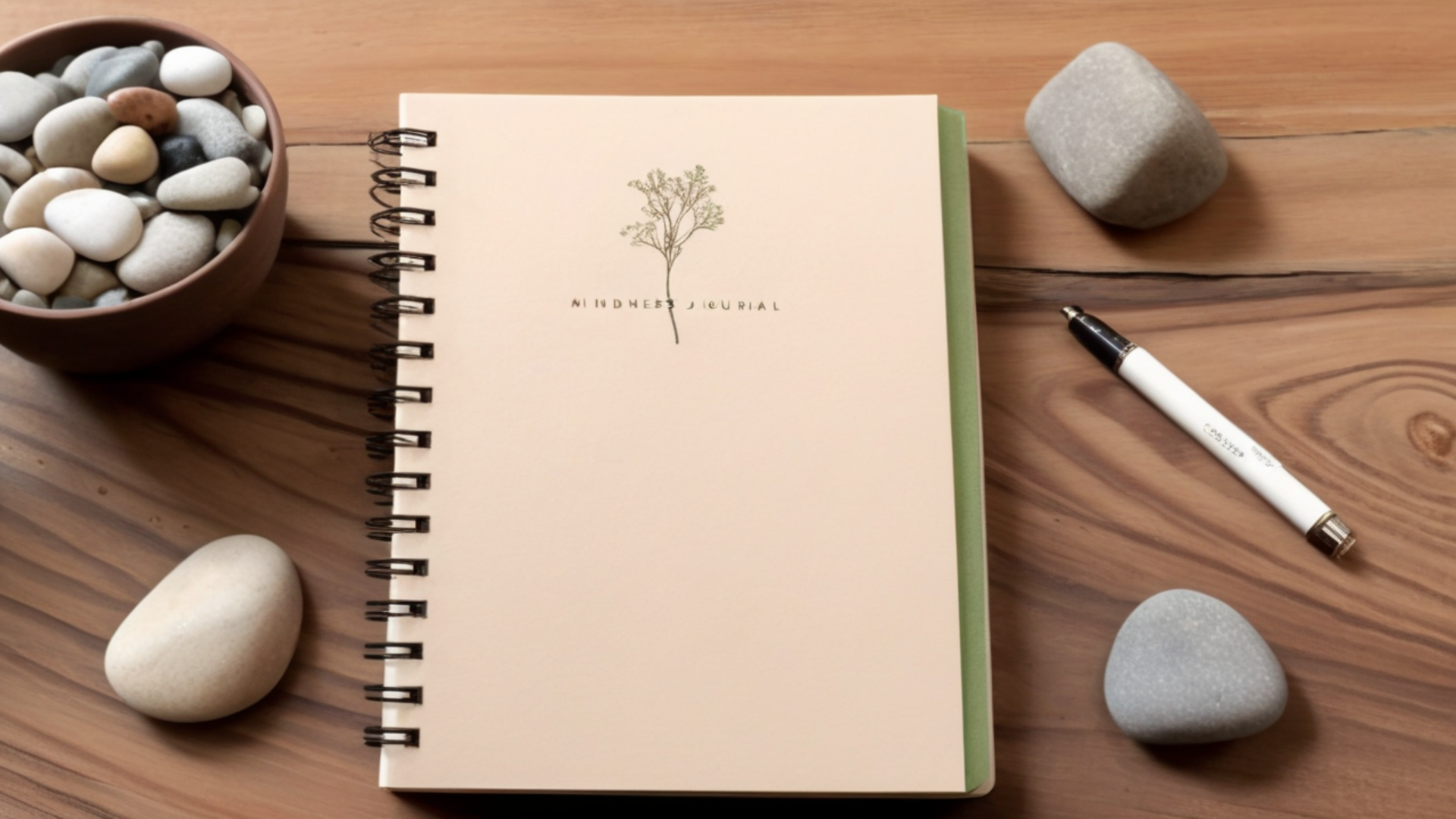Building strong relationships begins with trust, created through transparency, consistency, and vulnerability. It's about fostering a safe environment where people feel valued and empowered.

Building trust is a foundation upon which strong relationships are built, whether personal or professional. It's about creating an environment where people feel safe and valued. One of the most effective ways to start this process is by being transparent. Engaging in open communication, even when it's uncomfortable, helps to foster honesty and sincerity. Leaders who encourage their team members to express themselves freely promote a culture of trust, allowing individuals to take risks without fear of judgment or retribution.
Consistency is another crucial factor in building trust. Being reliable and acting in accordance with your values helps others to see you as dependable. This means following through on commitments and being accountable for your actions. When you make a promise, ensure you can keep it; breaking promises can quickly erode trust.
Trust is reciprocal. When you demonstrate trust in others, they are more likely to trust you back. One powerful way to show this trust is through delegation. Give your team members meaningful tasks that challenge them and allow them to grow. This not only empowers them but also shows that you believe in their capabilities.
Admitting mistakes is an essential part of building trust. Vulnerability can be incredibly powerful, as it humanizes you and shows that you are honest and willing to learn from errors. People appreciate sincerity and are more likely to trust someone who is open about their mistakes.
In addition to honesty and consistency, valuing long-term relationships is vital. Trust isn't something that develops overnight; it requires consistent effort and a commitment to nurturing those relationships over time. Thinking about how your actions might affect others in the long run can help guide your decisions and foster deeper connections.
Ultimately, building trust is about living up to certain basic values—honesty, integrity, kindness—and consistently applying them in your interactions. By doing so, you create a foundation for strong, enduring relationships that benefit everyone involved. Whether in personal or professional contexts, trust forms the basis for everything we do, making it the cornerstone of successful relationships and achievements.
- Being transparent through open communication promotes a culture of trust.
- Consistency in actions and following through on commitments help build trust.
- Demonstrating trust in others by delegating tasks empowers them and fosters reciprocal trust.
MOST READ
MORE TO READ

Mindfulness Practices Reduce Stress in Modern Life
Mindfulness practices help reduce stress and improve well-being by focusing on the present moment. They enhance emotional regulation and can be as effective as medication for anxiety.

Fruit Fly Brain Shows Unexpected Adaptability
The tiny fruit fly’s brain, with 140,000 neurons, reveals how focus and adaptability thrive under chaos—lessons to rethink wellbeing by filtering what truly matters in life’s noisy moments.

Spider Brains Reveal Human Waste System Insights
Scientists studying spider brains have uncovered a hidden brain waste removal system, which holds clues to Alzheimer’s disease. Nature-inspired research shows our brains have ancient cleaning mechanisms.

Human vs. chimp nerve cell study uncovers rapid evolutionary brain changes
Recent research reveals how rapidly evolving genetic switches called HARs uniquely shaped human brains, fueling our creativity and cognition—while inspiring us to mindfully nurture this evolutionary gift for growth.


